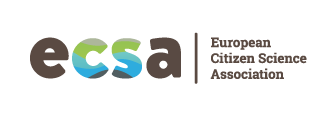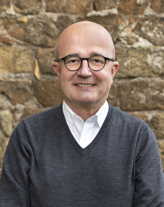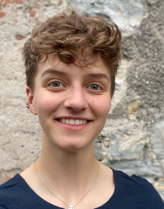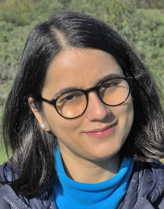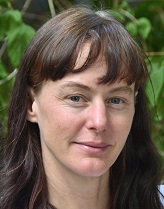Citizen Science Community Responds to Nature Editorial
by Citizen Science Association; reposted with permission from CSA; modifications by Claudia Göbel
An 18 August 2015 editorial in Nature incited vigorous commentary on the citizen science discussion e-list, given that the piece closed on a note of suspicion regarding volunteers’ motives and potential conflicts of interest. While the piece, entitled “Rise of the citizen scientist,” opens with positive attention to the growing contributions of citizen science, many expressed that citizen science was unfairly singled out with a critique that should be fairly leveled on all scientific endeavors.
Letter to the Editor
Dear Editor,
As representatives of associations supporting citizen science, we are pleased by the recent editorial in Nature acknowledging the expanding role of citizen science in professional science (“Rise of the citizen scientist”, Nature 524(7565):265, August 20, 2015; http://www.nature.com/news/rise-of-the-citizen-scientist-1.18192). We are delighted by the recognition that citizen science contributes to academic papers, generates data, informs policy, and facilitates new discoveries – all through advancements otherwise not possible without the contributions and insights of volunteers. However, instead of seeing public engagement with citizen science as an asset – one that channels public concerns into asking targeted questions and obtaining sound scientific evidence – the editorial saw this as cause for concern and conflict of interest.
Traditional science also struggles with issues related to transparency of motives, conflict of interest, and integrity. Citizen science is not special in this regard, but by singling it out, the Nature editorial casts undeserved doubt upon the integrity of citizen science data. The fact is, statistical testing and good design are already used to identify and minimize bias in citizen science projects (1,2,3).
What distinguishes citizen science as a valuable form of research is how it expands scales of data and engagement. Our associations facilitate information sharing, mutual learning, and collaboration among 4,000+ practitioners to uphold research integrity and advance best practices. Examples include international conferences, a peer-reviewed journal (Citizen Science: Theory & Practice), and efforts to develop metadata standards that improve data appraisal for specific purposes. These activities only further strengthen the quality of citizen science data.
Indeed, citizen science is making unprecedented contributions to science, research, policy, and society. Scientists from all disciplines can now consider how best to embrace citizen science, given its merits and challenges, and be better supported by standards, tools, literature, and techniques shared by associations.
References:
1 – Land, K., A. Slosar, C. Lintott, D. Andreescu, S. Bamford, P. Murray, R. Nichol, M. J. Raddick, K. Schawinski, A. Szalay, D. Thomas, and J. Vandenberg. 2008. Galaxy Zoo: the largescale spin statistics of spiral galaxies in the Sloan Digital Sky Survey. Monthly Notices of the Royal Astronomical Society 388:1686-1692.
2 – Fink, D., W. M. Hochack, B. Zuckerberg, and S. T. Kelling. 2011. Modeling species distribution dynamics with SpatioTemporal Exploratory Models: Discovering patterns and processes of broad-scale avian migrations. Spatial Statistics 2011: Mapping Global Change 7:50-55.
3 – Wiggins, A., R. D. Stevenson, G. Newman, and K. Crowston. 2011. Mechanisms for Data Quality and Validation in Citizen Science. Paper presented at “Computing for Citizen Science” workshop, IEEE eScience Conference. Stockholm, SE, 5 December, 2011.
Greg Newman, Chair, Citizen Science Association
Philip Roetman, Chair, Australian Citizen Science Association
Johannes Vogel, Chair, European Citizen Science Association
Additional Contributors (alphabetical by last name):
Martin Brocklehurst, Jessie Cappadonna, Caren Cooper, Claudia Goebel, Muki Haklay, Christopher Kyba, Jaume Piera, Marisa Ponti, Andrea Sforzi, and Jennifer Shirk
